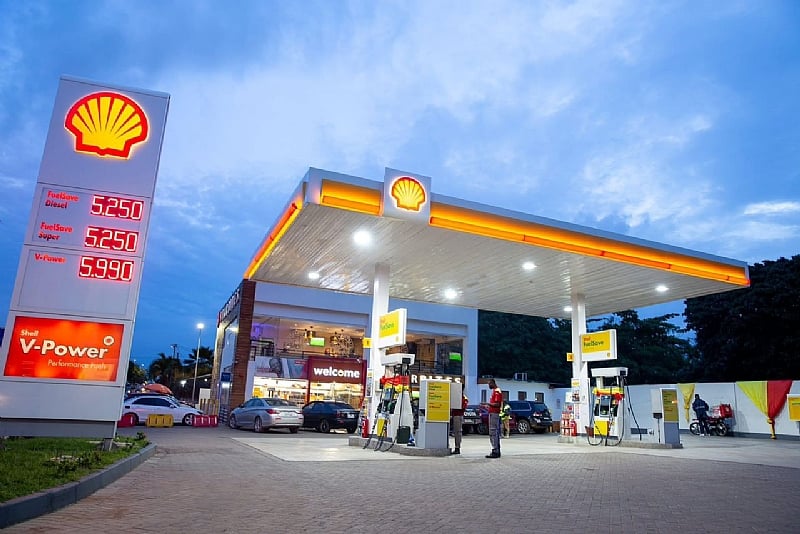Fuel Price Reductions in Ghana Driven by Cedi Appreciation
The Ghanaian fuel market has witnessed a wave of price reductions in early June 2025, primarily attributed to the recent strengthening of the Ghanaian cedi against major foreign currencies, particularly the US dollar. This positive currency fluctuation has enabled oil marketing companies (OMCs) to lower their pump prices, offering much-needed relief to consumers burdened by the high cost of fuel. Shell Ghana, a major player in the market, joined the trend on Tuesday, June 3rd, reducing its prices for petrol (Super) and diesel. This move followed similar price adjustments by other OMCs, including Goil and StarOil, marking a welcome downward trend in fuel costs.
Goil and StarOil Lead the Price Reduction Initiative
Goil, the state-owned Ghana Oil Company Limited, took the lead in reducing fuel prices on Monday, June 2nd, 2025. The company announced a significant decrease in both petrol and diesel prices, effective from 6:00 a.m. that day. This move signaled a shift in the fuel pricing landscape, paving the way for other OMCs to follow suit. StarOil quickly followed Goil’s lead, announcing its own price reductions on the same day, effective from 8:00 a.m. The company attributed the price cuts to the cedi’s appreciation, emphasizing its commitment to passing on the savings to consumers.
Shell Ghana Follows Suit with Price Adjustments
Shell Ghana, another prominent OMC, joined the price reduction trend on Tuesday, June 3rd. The company lowered its prices for both petrol and diesel, aligning with the market’s downward trajectory. This move further solidified the positive impact of the cedi’s strengthening on fuel prices, offering consumers more affordable options at the pump. The collective action of these major OMCs demonstrates a responsiveness to market forces and a commitment to providing competitive pricing.
StarOil Offers Further Discounts at Selected Outlets
In addition to the general price reductions, StarOil implemented further discounts at selected outlets across the country. This strategic move provided even greater savings for consumers at these specific locations, further enhancing the company’s competitive positioning. The discounted prices underscored StarOil’s proactive approach to leveraging the favorable currency exchange rates and offering maximum benefit to its customers.
Cedi Appreciation Drives Down Fuel Costs
The primary driver behind these price reductions is the recent appreciation of the Ghanaian cedi against the US dollar and other major foreign currencies. This strengthening of the local currency means that OMCs can purchase fuel at lower costs in international markets, translating into lower pump prices for consumers. The price adjustments reflect a direct correlation between currency fluctuations and fuel costs, demonstrating the interconnectedness of global and local economies.
Impact on Consumers and the Ghanaian Economy
The reduction in fuel prices is expected to have a positive ripple effect throughout the Ghanaian economy. Lower fuel costs can alleviate inflationary pressures, reduce transportation expenses for businesses and individuals, and stimulate economic activity. For consumers, these price reductions provide welcome relief from the burden of high fuel costs, freeing up disposable income for other essential goods and services. The overall impact of these price adjustments is a positive development for the Ghanaian economy and its citizens.


